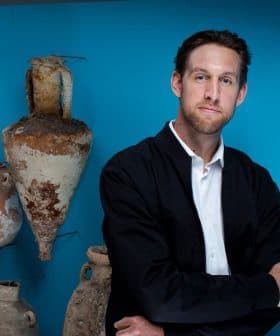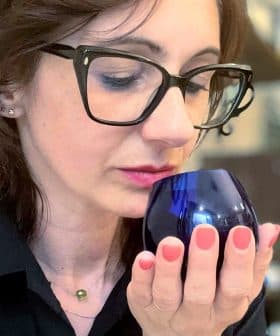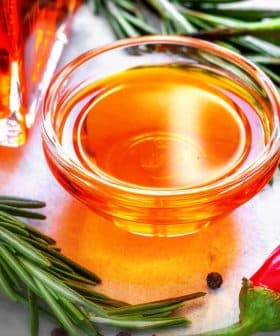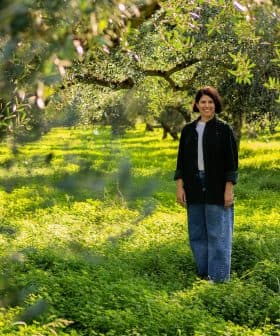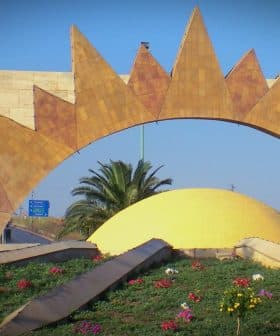Discovery of 9th Century Soap Factory in Israel Sheds Light on Ancient Trade
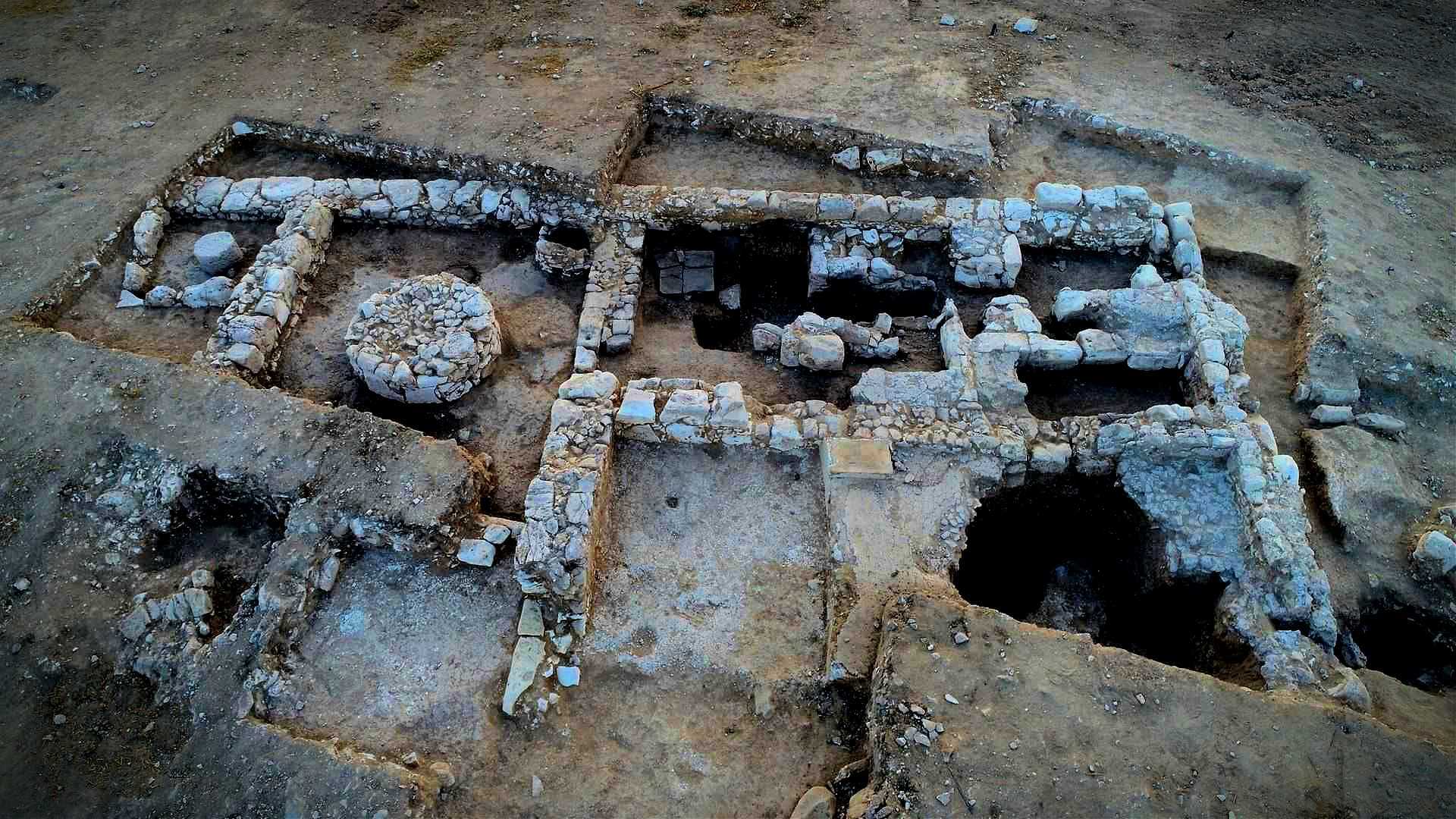
The Israel Antiquities Authority discovered a 1,200-year-old olive oil soap factory near Rahat, southern Israel, which is the oldest known soap factory in modern-day Israel and one of the world’s earliest examples of solid soap production. The factory used olive oil mixed with ashes from saltwort plants, cooked for seven days and left to harden for another 10 days before being cut into bars and dried for two months, a process still used by olive oil soap producers in Nablus.
The Israel Antiquities Authority (IAA) announced the discovery of a 1,200-year-old olive oil soap factory near Rahat, a Bedouin city in southern Israel.
This is the oldest known soap factory in modern-day Israel and one of the world’s earliest examples of solid soap production.
This is the first time that a soap workshop as ancient as this has been discovered, allowing us to recreate the traditional production process of the soap industry.
According to IAA, the factory was found inside the house of a wealthy family. The archaeologists believe that the family’s affluence was derived through the sale of the olive oil soap.
“This is the first time that a soap workshop as ancient as this has been discovered, allowing us to recreate the traditional production process of the soap industry. For this reason, it is quite unique,” said Elena Kogen Zehavi, the IAA excavation director. “We are familiar with important soap-making centers from a much later period – the Ottoman period. These were discovered in Jerusalem, Nablus, Jaffa, and Gaza.”
See Also:Among the Casualties in Aleppo, Ancient Olive Oil SoapOlive pits found at the dig and chemical analyses show that this 9th-century soap factory used olive oil as its base. The olive oil was mixed with ashes from saltwort plants, which are comprised of potash salts and water.
According to the IAA, the resulting mixture was cooked for seven days before being allowed to cool harden for another 10 days. After hardening, the soap was cut into bars and left to dry for an additional two months.
Kogen Zehavi told the Times of Israel that this method of production is still being used by olive oil soap producers in Nablus. The Palestinian city has been a center for olive oil soap production since at least the 10th century.
This process took a while, but once completed, the olive oil soap was easier to ship and sell. Kogen Zehavi added that the soap was a valuable export commodity at the time. From Egypt to Baghdad, wealthy people bought soap as quickly as soap makers could produce it.
The mayor of Rahat, Fahiz Abu Saheeben, added that the discovery of the 9th-century factory further demonstrated the deep “Islamic roots” of the city.
Scholars have long supposed that the 9th century marked a regional downturn in culture and economics. However, the soap factory, among other recent discoveries, suggests a great deal of trade and commerce continued, with much of that trade being in olives and olive oil products.
After the Islamic conquest, wine producers were largely out of work. However, followers of Islam view olives and olive oil favorably and regional production of both increased considerably.
Sometime in the 8th century, Islamic chemists mastered the creation of hard soap. At the time, Europe was using greasy soap lotions made with lard to clean clothes and floors. In place of animal fat, Islamic soap makers used olive oil. These new odorless soaps could also be used for personal hygiene.




